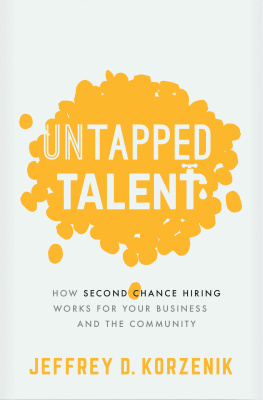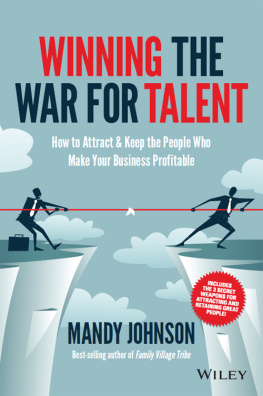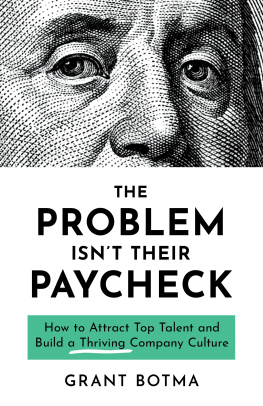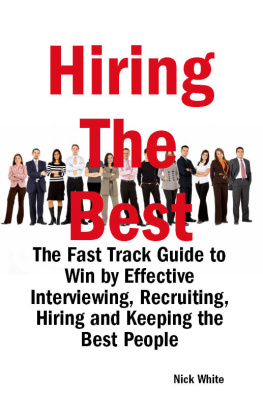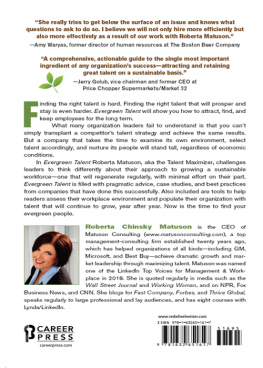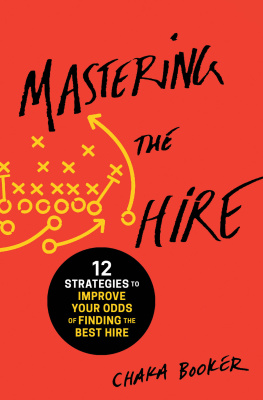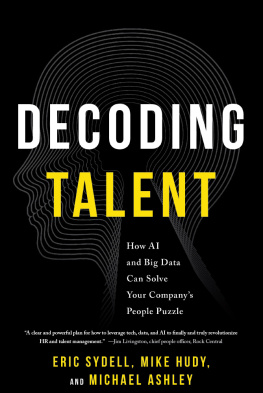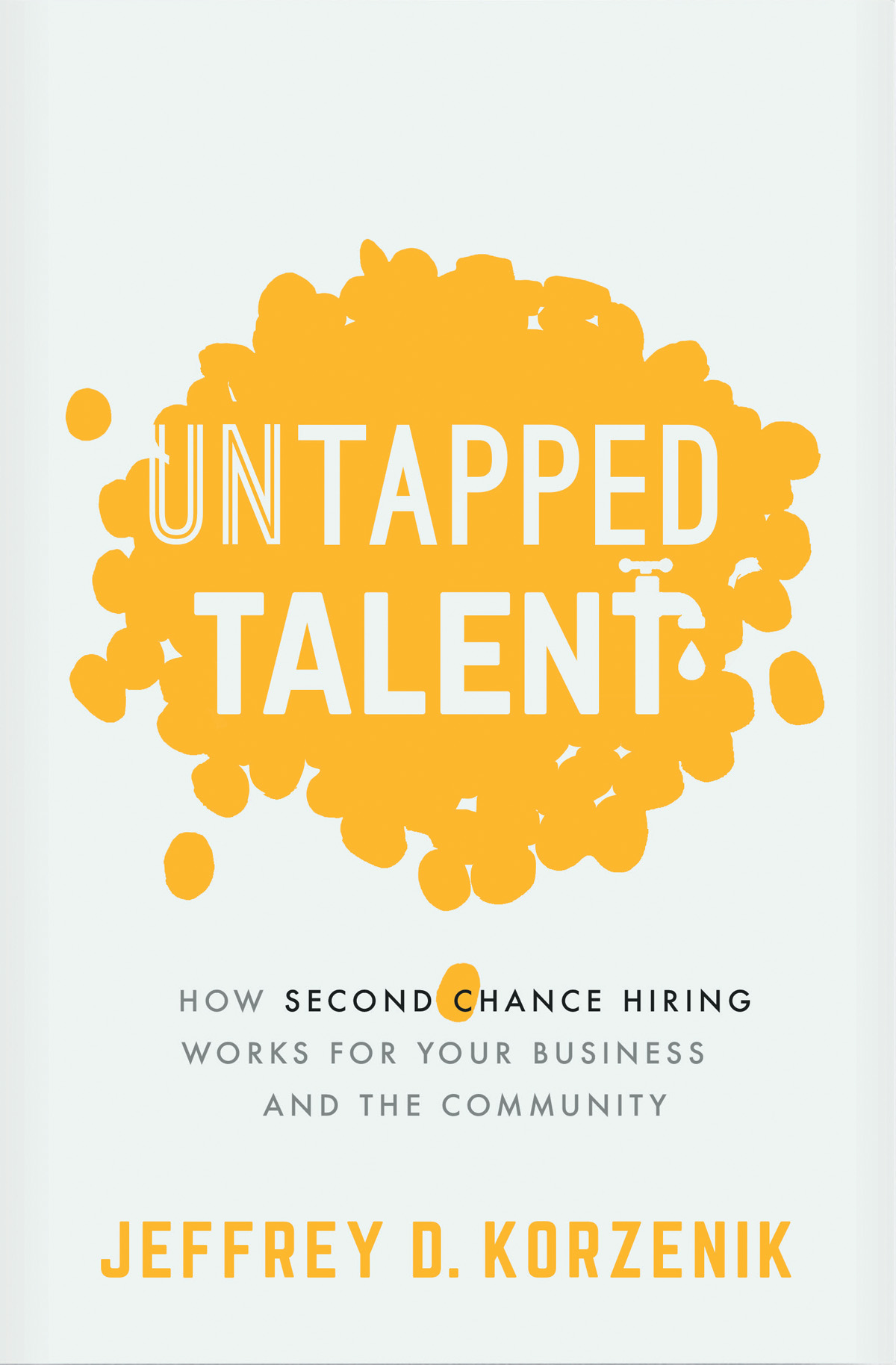CONTENTS
Guide
2021 Jeffrey D. Korzenik
All rights reserved. No portion of this book may be reproduced, stored in a retrieval system, or transmitted in any form or by any meanselectronic, mechanical, photocopy, recording, scanning, or otherexcept for brief quotations in critical reviews or articles, without the prior written permission of the publisher.
Published by HarperCollins Leadership, an imprint of HarperCollins Focus LLC.
Any internet addresses, phone numbers, or company or product information printed in this book are offered as a resource and are not intended in any way to be or to imply an endorsement by HarperCollins Leadership, nor does HarperCollins Leadership vouch for the existence, content, or services of these sites, phone numbers, companies, or products beyond the life of this book.
ISBN 978-1-4002-2310-7 (eBook)
ISBN 978-1-4002-2314-5 (Paperback)
Epub Edition February 2021 9781400223107
Library of Congress Control Number: 2020952624
Printed in the United States of America
20 21 22 23 LSC 10 9 8 7 6 5 4 3 2 1
IF YOU ARE READING THIS NOW, it means that you have gotten this book in a prison or jail library, or as a gift from a friend, family member, or a nonprofit that cares about your future. Thank you for taking the time to read it.
Since the day you entered prison or jail, you probably have felt that you are a burden. A burden to your family. A burden to your friends, to your community, to your country.
You are not a burden. You are a resource. As youll read, our country is running out of the workforce we need to grow and prosper. The millions of people who, because of a criminal record, are not employed to the best of their potential are our best solution to this problem. This means you are a resource. A resource for your family. A resource for your friends, for your community, for your country. Not a burden.
You already know about the barriers you will face in getting a job after release. My hope is that this book will lower some of those hurdles and motivate employers to look beyond the mistakes and support the person ready to move forward.
Realize that employers, first and foremost, care about the character of the person they employ. The only thing they may know for sure about you is your mistake, and that it is an obstacle. You can help. Whether through resources available in your facility or available after your release, demonstrate that you are not defined by your worst moment. If you need to work through challenges with emotional management and a personal history of trauma to rebuild yourself, embrace that opportunity. If you have battled addiction, keep fighting that good fight. If there are specific skills you can learn, learn them. If you do not have a high school diploma, work toward a GED. If you have an education, further it.
The fact that you are reading this book means that you are already educating yourself on the viewpoint and needs of employers.
The journey you must make is yours alone, although there will be friends, family, and allies to help.
Good luck and Godspeed.
THIS IS A BUSINESS BOOK about conventional business topics: talent acquisition, talent development, and risk mitigation. The argument for second chance hiring must stand alone as a business case to be sustainable and scalable. In the body of the book, I do not discuss the ethical case for second chance hiring, nor the implications for our society. However, those issues hover just beyond the pages of this book. As I finalize my manuscript in the summer of 2020, the nation has witnessed widespread protests that are fundamentally about the kind of society we want.
Like many people of my generation, in a business setting I am not comfortable discussing topics like social justice, racial justice, and systemic racism. When I use the language of earlier decades, its much easier. I believe in giving people a fair shake, and that our country should offer opportunity for all, and I am vocal about this conviction. For me, the son and grandson of immigrants, the United States is where my parents and grandparents could start again, a land of second chances. I want that for others. We all do.
Equality of opportunity does not mean equality of outcomes, but one cannot escape the fact that the tens of millions of people with a criminal record dont get the same chance to succeed. Thats unfair. We also know that, whatever brought us to this place, one in three African American men in the United States has a felony conviction. It is hard to see how we can get to the kind of society we want when the burden of that kind of unfairness falls so disproportionately on one segment of our fellow citizens. Second chance hiring is not about addressing those ills, but it is a critical pathway to doing so. The path to a more equitable society must be paved by the business community.
When I set out to write this work, I had in mind a very different project. I have long been a fan of creative nonfiction, factual books that read as if they are gripping fictional tales. My work, I imagined, would be a collection of the personal stories of pioneering business owners who offered employment to people in need of a second chance. I would share their life stories and deep personal convictions that led them to focus on the least among us, redeeming lives and communities in the wake of their work. These business owners are truly worthy of our admirationwhen they took on the risk of hiring people with records, they took on personal financial risk, reputation risk, and even the potential loss of their employment and legacy. Thats a lot of risk, and they have inspired me. While I mention many in passing, this work is not about them as individuals.
Many encouraged me to document the numerous beautiful narratives of personal redemption that are found among people with records. At so many gatherings on the topics of criminal justice reform and workforce development, these stories are highlighted, and my eyes are no drier than others in the room. The people who have made serious mistakes, paid for those mistakes, and rebuilt their lives to become different and better people are the unsung heroes of this book. So unsung, however, that not one of their journeys of personal redemption is featured in these pages.
At one point, I hoped to write the definitive compendium of every resource, law, and practice related to second chance hiring. While such a compilation would have enormous value, thats not the book I wrote either.
My career in researching and sharing insights on the economy and investment markets has allowed me to meet with and learn from tens of thousands of business owners and executives around the country. Their wisdom has given me unique insights into the US economy and has enhanced my career, but it also takes a lot of time. Prior to the coronavirus pandemic, I had flown on 125150 flights annually for most of the last decade, spending a hundred nights a year in hotel rooms away from my family. The time limitations for an outside project like this book ultimately dictated that this work could not be any of the above, all-consuming, full-time projects, but I sincerely hope others take these on.
For years, I have been speaking about the subject matter of this book: the business case and best practices for hiring people with records. I was fairly confident that the arguments and especially the experiences of the business pioneers in this field were opening others to the possibility of second chance hiring. Two problems arose. One, I needed to better disseminate the knowledge I had collectedpublic speaking may be a catalyst for piquing the interest of the business community, but a forty-five-minute presentation just couldnt convey enough knowledge to support meaningful change. Two, I learned that those attendees who went back to their companies to investigate hiring people with records faced a wall of resistance. Even CEOs would get ground down by recalcitrant human resources directors, legal advisors, and CFOs. Those innovators willing to try second chance hiring deserved a guide and the opportunity to get the best results possible.

